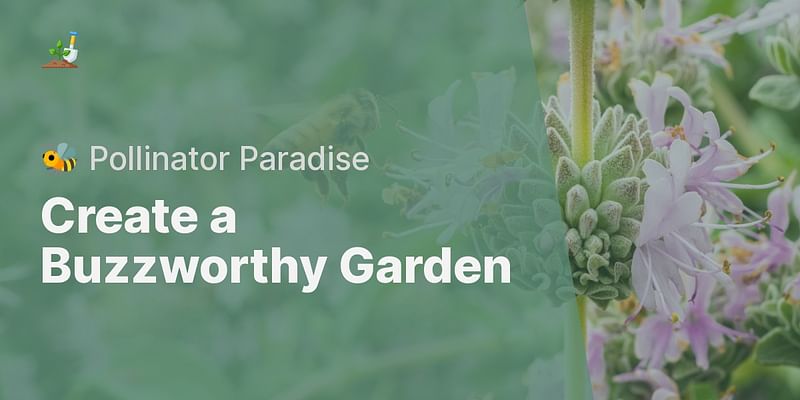Oliver Kim is a plant enthusiast and educator with a passion for teaching others about the wonders of the natural world. He has a background in botany and ecology and loves to share his knowledge with others. His focus is on creating gardens that showcase the beauty and diversity of plants.
Creating a bee-friendly garden that supports pollinators is not only beneficial for the bees, but also for your garden and the local ecosystem. Bees play a crucial role in pollinating plants, which helps them reproduce and produce fruits, vegetables, and seeds. Here are some tips to help you create a beautiful and sustainable garden that attracts and supports pollinators:
1. Plant native flowers: Native plants are adapted to the local climate and provide a natural food source for bees. Choose a variety of flowers that bloom at different times throughout the year to provide a continuous supply of nectar and pollen.
2. Include a variety of flower shapes and colors: Bees are attracted to a wide range of flower shapes and colors. Include flowers with tubular shapes, such as salvias and penstemons, as well as flowers with flat or open shapes, such as daisies and sunflowers. This will attract different types of bees and provide them with a diverse diet.
3. Avoid pesticides: Pesticides can be harmful to bees and other pollinators. Instead, opt for natural pest control methods, such as companion planting and handpicking pests. If you must use pesticides, choose bee-friendly options that are specifically labeled as safe for pollinators.
4. Provide water sources: Bees need water to drink and cool down. Create a shallow water source, such as a birdbath or a shallow dish filled with water and pebbles. Make sure to keep the water clean and refill it regularly.
5. Create nesting habitats: Bees need places to nest and lay their eggs. Leave some areas of bare soil or create small piles of twigs and leaves for ground-nesting bees. You can also install bee houses or bee hotels to provide nesting sites for cavity-nesting bees. Learn more about creating a habitat for pollinators and birds in your yard.
6. Avoid excessive mulching: While mulch helps retain moisture and suppress weeds, excessive mulching can limit the availability of nesting sites for ground-nesting bees. Leave some areas of bare soil or use a thin layer of mulch to provide nesting opportunities.
7. Practice sustainable gardening: Use organic fertilizers and compost to nourish your plants. Avoid overwatering and conserve water by using drip irrigation or collecting rainwater. By practicing sustainable gardening, you create a healthier environment for pollinators and reduce your impact on the planet.
Remember, creating a bee-friendly garden takes time and patience. Bees may not visit your garden immediately, but with the right plants and habitats, you can attract and support a diverse range of pollinators. Enjoy the beauty of your garden while knowing that you are making a positive impact on the local ecosystem. Happy gardening!















